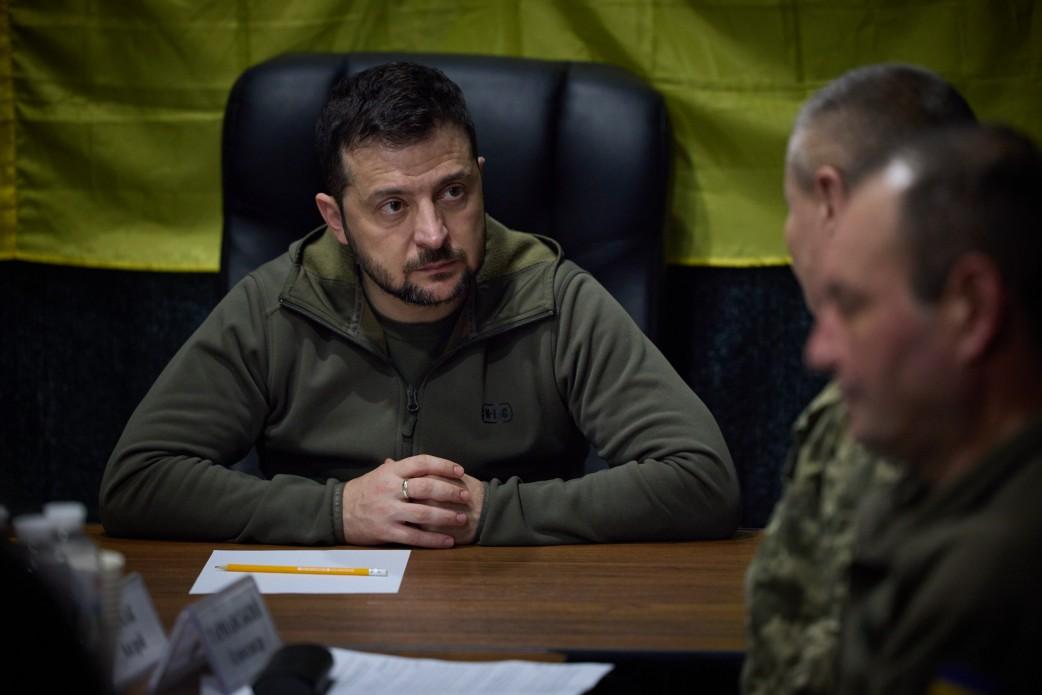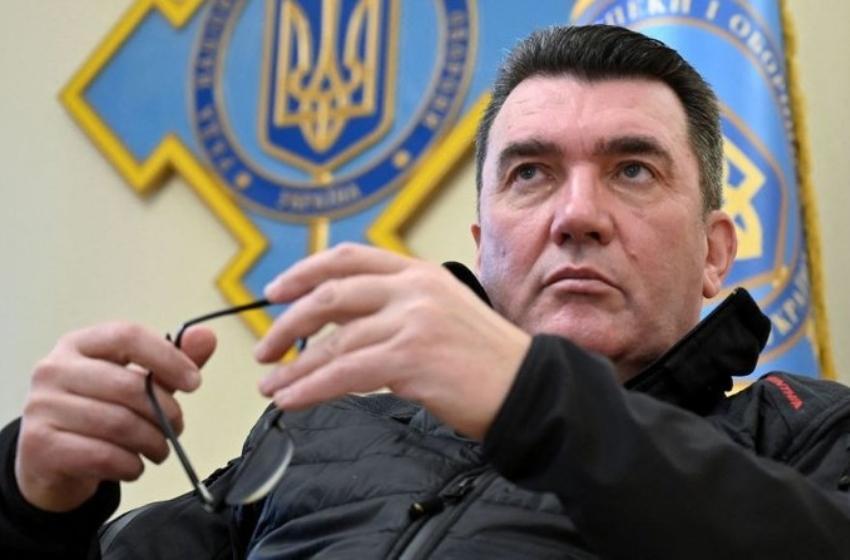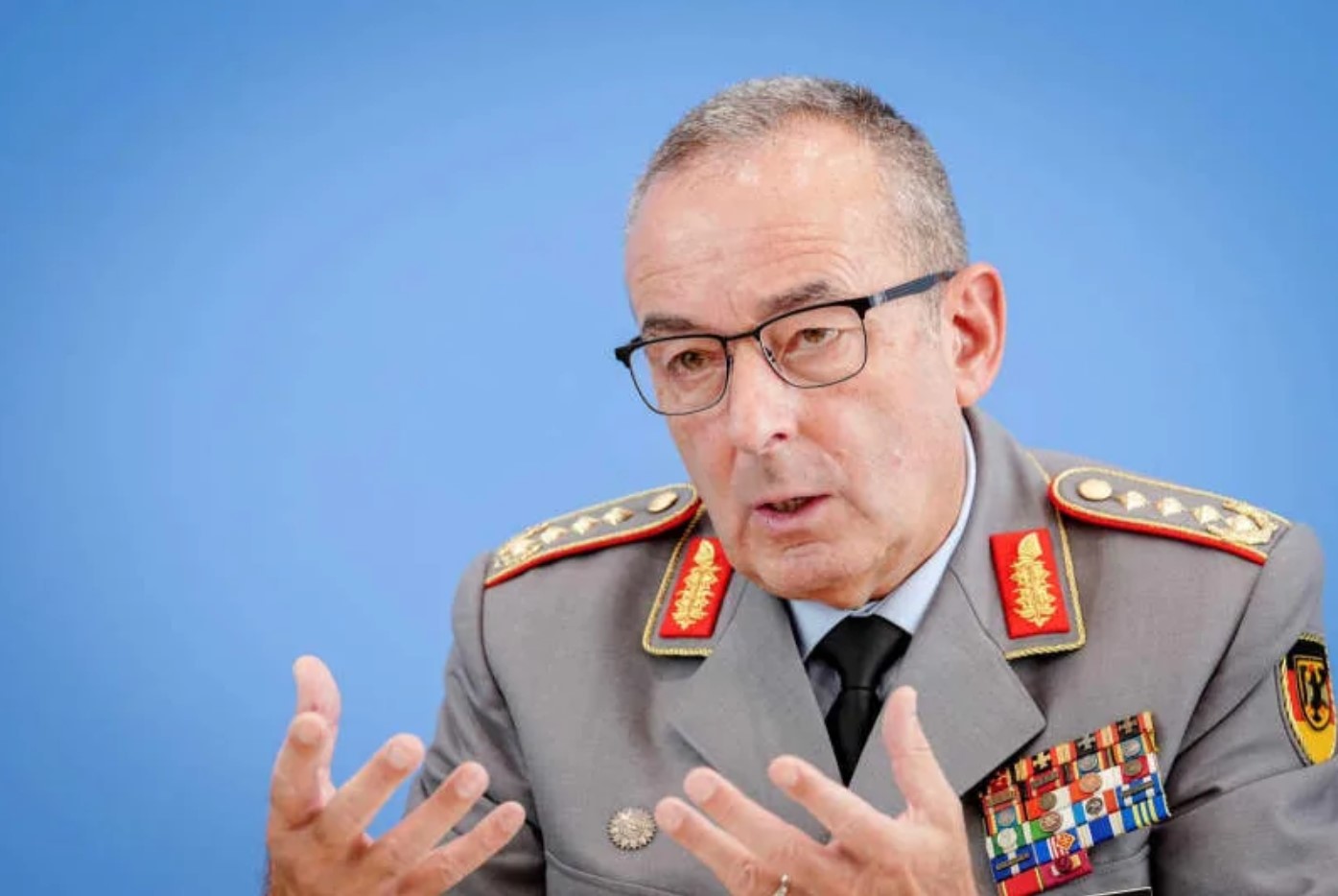As part of a working trip to the Kherson and Mykolaiv regions, President of Ukraine Volodymyr Zelensky held a meeting on stabilization measures in the de-occupied territory of the Kherson region.
The Head of State listened to the report of the commander of the Kherson operational-strategic group of troops, Brigadier General Oleksandr Tarnavskyi about the situation in the region.
Head of the Kherson regional military administration Yaroslav Yanushevych informed the President about the state of the city's critical infrastructure and life support systems.
70-80 thousand people currently live in Kherson. The city has a difficult situation with electricity supply and communication.
"Everything will return. Yes, unfortunately, the occupiers, who destroy everything on their path, destroyed the entire power supply network. But our services are working, and everything will return," the President emphasized.
As Volodymyr Zelensky noted, points of assistance to residents will gradually appear in the city, as was the case in the Kharkiv region.
For his part, Yaroslav Yanushevych noted that, on the instructions of the Head of State, measures are being taken to restore the destroyed power transmission lines going to the Kherson region.
"We are working on this issue round the clock together with Ukrenergo. Our electricians are moving right behind the explosives technicians. And we hope that the electricity supply will be restored in the near future," he said.
The participants of the meeting discussed the provision of assistance by neighboring regions, in particular Mykolaiv and Dnipropetrovsk regions, in the establishment of logistics and the return of normal life to the liberated territories of the Kherson region.
In Mykolaiv, Volodymyr Zelensky also visited the humanitarian headquarters that operates under the RMA and has been providing assistance to people in need since the first days of full-scale Russian aggression.
Thus, over 4 million tons of humanitarian aid was distributed among the communities of the region in 9 months. The population is regularly supplied with food and non-food kits, warm clothes, medicines and building materials for repairing houses damaged by shelling.
The humanitarian headquarters has already sent aid to Kherson, which was recently liberated from the Russian occupiers. This includes, in particular, more than 25 tons of food kits, 26 pallets of food products, and 3 tons of hygiene products. Also, an ambulance, more than 6 tons of medicines, including insulin and other critical medicines, as well as medical supplies that were purchased for the Kherson region and stored in Mykolaiv until de-occupation were transferred from the Mykolaiv region to Kherson.





















